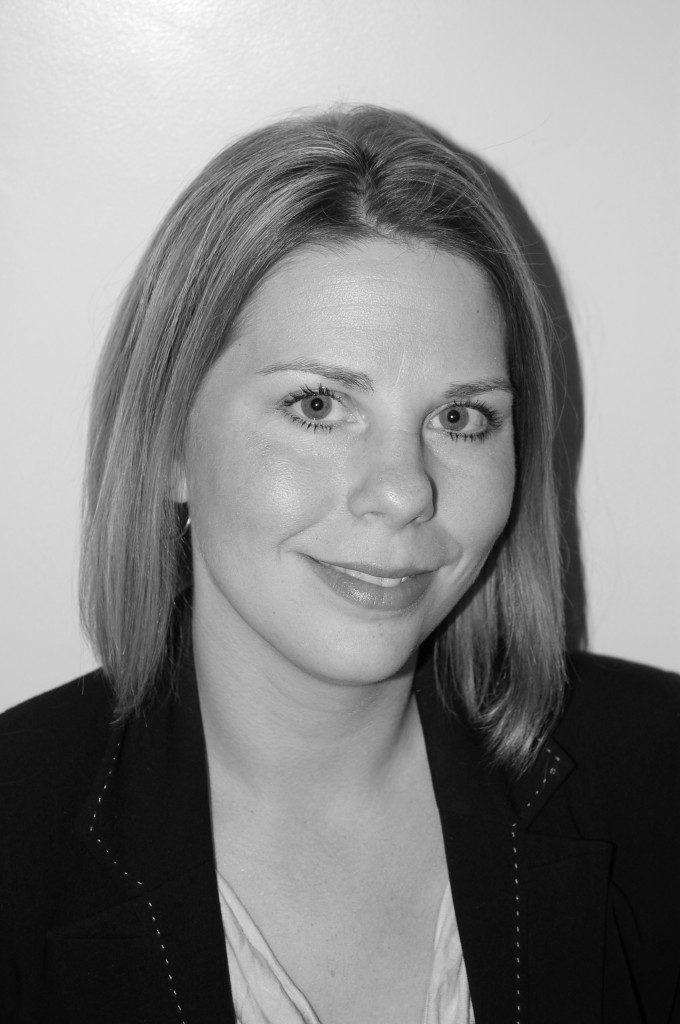 Savitri Medhatul is a Mumbai-based documentary filmmaker whose latest film, “And All God’s People Said…”, follows the small, but rapidly growing population of Pentecostal-Charismatic converts in India. Medhatul, whose work is supported by the SSRC’s New Directions in the Study of Prayer Initiative, recently spoke with Jennifer Lois Hahn about the complexities these self-described “believers” face in a majority Hindu society, their innovative use of technology to spread the gospel, and the advantages and limitations of the medium of film for capturing their stories.
Savitri Medhatul is a Mumbai-based documentary filmmaker whose latest film, “And All God’s People Said…”, follows the small, but rapidly growing population of Pentecostal-Charismatic converts in India. Medhatul, whose work is supported by the SSRC’s New Directions in the Study of Prayer Initiative, recently spoke with Jennifer Lois Hahn about the complexities these self-described “believers” face in a majority Hindu society, their innovative use of technology to spread the gospel, and the advantages and limitations of the medium of film for capturing their stories.
***
Jennifer Lois Hahn: One of the things I really liked about your proposal is how you talk about prayer as a desire for change, both personal and societal. Could tell me about how you came to conceive of it that way?
Savitri Medhatul: I started going to these churches because of my husband. He and his family belong to a believer church. My in-laws wanted me to get exposure to the church. In this church, giving testimony is a very big activity.
 Elizabeth McAlister, Professor of Religion at Wesleyan University, has spent many years studying Afro-Caribbean religiosity, and has recently turned her interest to aggressive prayer and spiritual warfare in Haiti and the United States. In a recent conversation with Onnesha Roychoudhuri, McAlister discusses what these terms mean, how they have developed in recent years, and their influence in the American Evangelical community.
Elizabeth McAlister, Professor of Religion at Wesleyan University, has spent many years studying Afro-Caribbean religiosity, and has recently turned her interest to aggressive prayer and spiritual warfare in Haiti and the United States. In a recent conversation with Onnesha Roychoudhuri, McAlister discusses what these terms mean, how they have developed in recent years, and their influence in the American Evangelical community.





 Ebenezer Obadare, an associate professor of sociology at the University of Kansas, Lawrence, is researching the emergence of what he terms “Charismatic Islam” in Nigeria. Despite the electricity going out just as he started discussing Pentecostal notions of power, Obadare reported from Lagos to Jennifer Lois Hahn on interfaith competition and exchange, political power shifts, and the role of the nation’s largest freeway in the spiritual marketplace there.
Ebenezer Obadare, an associate professor of sociology at the University of Kansas, Lawrence, is researching the emergence of what he terms “Charismatic Islam” in Nigeria. Despite the electricity going out just as he started discussing Pentecostal notions of power, Obadare reported from Lagos to Jennifer Lois Hahn on interfaith competition and exchange, political power shifts, and the role of the nation’s largest freeway in the spiritual marketplace there.

 Mark Aveyard, an assistant professor of psychology at the American University of Sharjah in the United Arab Emirates, is using his knowledge of embodied cognition to study how the position and movement of the body during prayer relates to higher-level cognitive processes such as decision-making, language processing, and emotion. Aveyard, whose work is supported by the SSRC’s New Directions in the Study of Prayer Initiative, recently spoke with Jennifer Lois Hahn about the difficulties of experimental design, WEIRD research subjects, and the impact of culture on the way we think, use our bodies, and in some cases, use our bodies to think.
Mark Aveyard, an assistant professor of psychology at the American University of Sharjah in the United Arab Emirates, is using his knowledge of embodied cognition to study how the position and movement of the body during prayer relates to higher-level cognitive processes such as decision-making, language processing, and emotion. Aveyard, whose work is supported by the SSRC’s New Directions in the Study of Prayer Initiative, recently spoke with Jennifer Lois Hahn about the difficulties of experimental design, WEIRD research subjects, and the impact of culture on the way we think, use our bodies, and in some cases, use our bodies to think.

